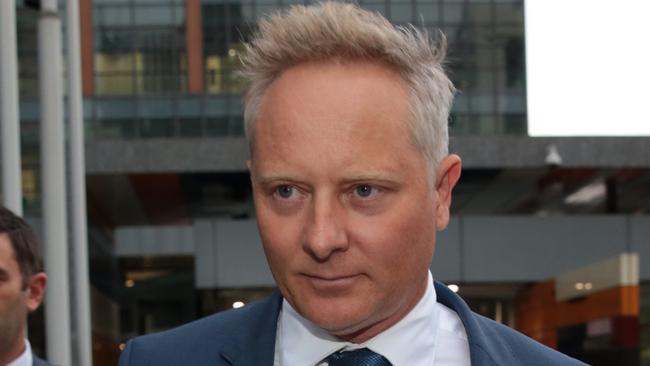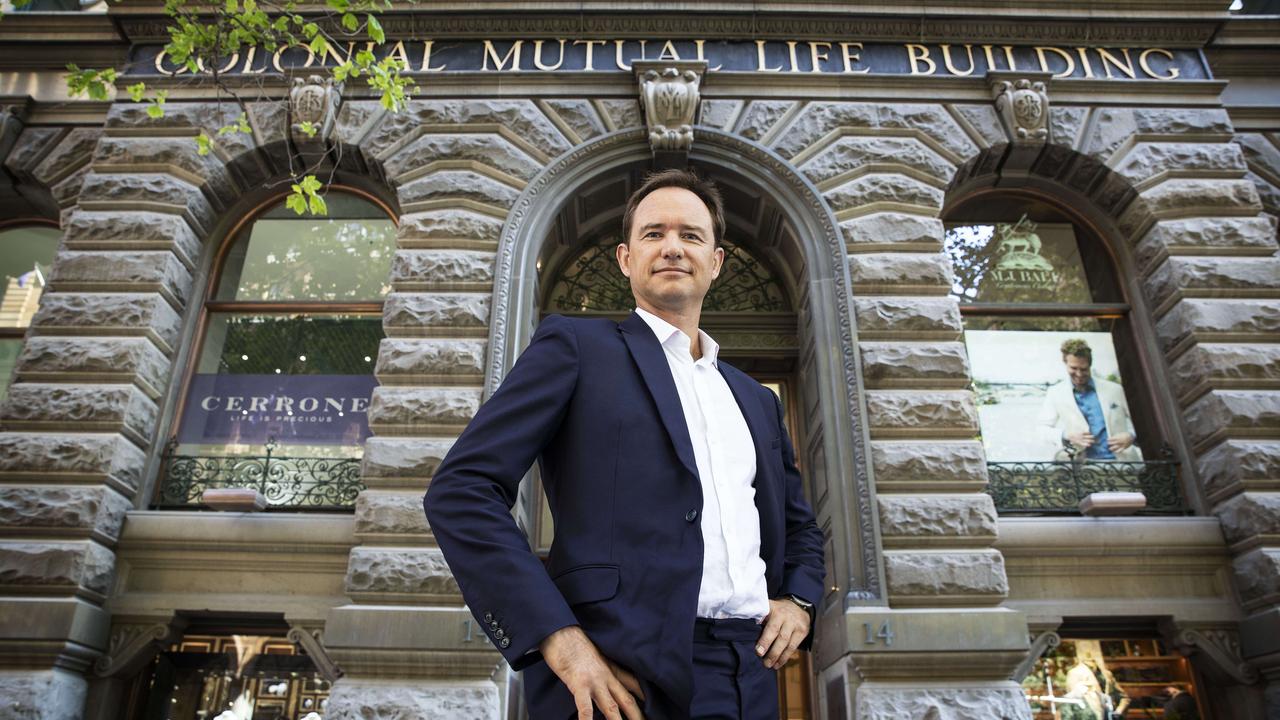Watchdogs did little to help victim of bad advice
It’s hard to know what was worse: the woeful advice or the lack of action by watchdogs.

It’s hard to know what was worse — Fair Work Commissioner Donna McKenna’s extraordinary, Kafkaesque experience with the gatekeepers of the $4.6 billion financial advice industry, or the “templated” advice she got from celebrity adviser Sam Henderson in the first place.
The financial services royal commission examined the case in detail, hearing from McKenna, Henderson and Dante de Gori, the chief executive of the Financial Planning Association which has been dealing with McKenna’s still-unresolved complaint.
It’s only now, however, that the full, gory detail of the case have been exposed, with the royal commission releasing a brace of damning exhibits.
McKenna says in her witness statement she was so concerned that others might suffer the consequences of Henderson’s self-interested advice, which in her case would have led to an immediate loss of $500,000, that she went to ASIC’s office in Sydney on January 30 last year to do something about it.
Her fears were not groundless — Henderson had boasted to McKenna at their second meeting in December 2016 that he had “about 200” clients, all of them high net worth with an average of $1 million invested through his firm Henderson Maxwell.
McKenna didn’t quite get the experience she expected at ASIC.
At the reception desk, an attendant told her what she already knew — she could make an online complaint by using the facilities “further down the corridor”.
McKenna responded that she would very much like to speak to someone in person.
She was then offered the use of a telephone, which was also down the corridor.
McKenna located the telephone, dialled a number and talked to an ASIC employee while she was in the ASIC building.
After acknowledging she had not implemented Henderson’s advice and had therefore not suffered financially, the suggested course of action, again, was an online complaint that could be referred to ASIC’s fraud and misconduct branch.
Perhaps in frustration, McKenna didn’t take up the option.
The complaint process with the FPA hasn’t been much better.
McKenna’s core grievance is that Henderson botched his advice by recommending a self-managed super fund, seeded by the early withdrawal of her low-cost super from an industry fund.
That move alone — accessing the funds before turning 58 — would have cost McKenna $500,000.
In their third and final meeting on January 10 last year, Henderson blamed his “paraplanners”, who had been asked to “check and double check” her super investment.
The commission also heard that Henderson’s employee had impersonated McKenna a number of times in telephone calls to her super fund, and that Henderson had not researched any other funds that might have been appropriate.
Further, the SMSF would be managed by Henderson, and shares and cash held by McKenna would be managed by Henderson Maxwell.
Henderson’s statement of advice to McKenna showed a plan preparation fee of $4950, a $1980 fee to set up the Henderson Maxwell-managed account, brokerage fees of $4105, and an ongoing fee of $14,642 for investment management services.
While the Henderson Maxwell chief executive later offered his apologies and a refund of his advice fees when McKenna pointed out the disastrous implications of his shoddy advice, the damage had been done.
On February 1 last year, two days after McKenna’s inconclusive visit to ASIC, Henderson penned a profuse apology in a two-page letter.
“Your anger and frustration are quite clear and present in your expression and you’ve clearly exercised your (legal) vocational skills to express your dismay,” he said.
Henderson said it was an isolated incident and a direct result of his “extremely full workload (and family commitments of being a single dad with two young kids)”.
The advice, he said, wasn’t “complete”, and the research undertaken was “admittedly inaccurate until I verified it after your feedback”.
The experience had profoundly affected him.
Henderson said he’d reduced his commitments, would never again use the word “draft” in his advice to clients, and was now using a strategy document and follow-up email to confirm a client’s financial position.
He wasn’t so accommodating in his dealings with the FPA, describing McKenna as aggressive and nitpicking after she took her complaint to the professional body on March 6 last year.
According to senior counsel assisting the royal commission Rowena Orr, Henderson told de Gori that he was very disappointed with the process and the FPA’s treatment of members over a seemingly minor complaint.
There has still been no resolution of McKenna’s complaint by the FPA.
When a negotiated agreement was submitted to the independent disciplinary body connected with the FPA, the chair proposed an extra sanction that would ban Henderson from public media appearances for 12 months.
Henderson asked for some changes and then withdrew his previous acceptance of the findings against him.
McKenna concludes in his witness statement that Henderson prioritised his own interests ahead of her own, only recommending the firm’s products and services in which he had an interest. “Moreover, (a Henderson Maxwell employee) impersonated me ... and Mr Henderson is recorded thanking her for doing that,” she says.
gluyasr@theaustralian.com.au
Twitter: @Gluyasr





To join the conversation, please log in. Don't have an account? Register
Join the conversation, you are commenting as Logout